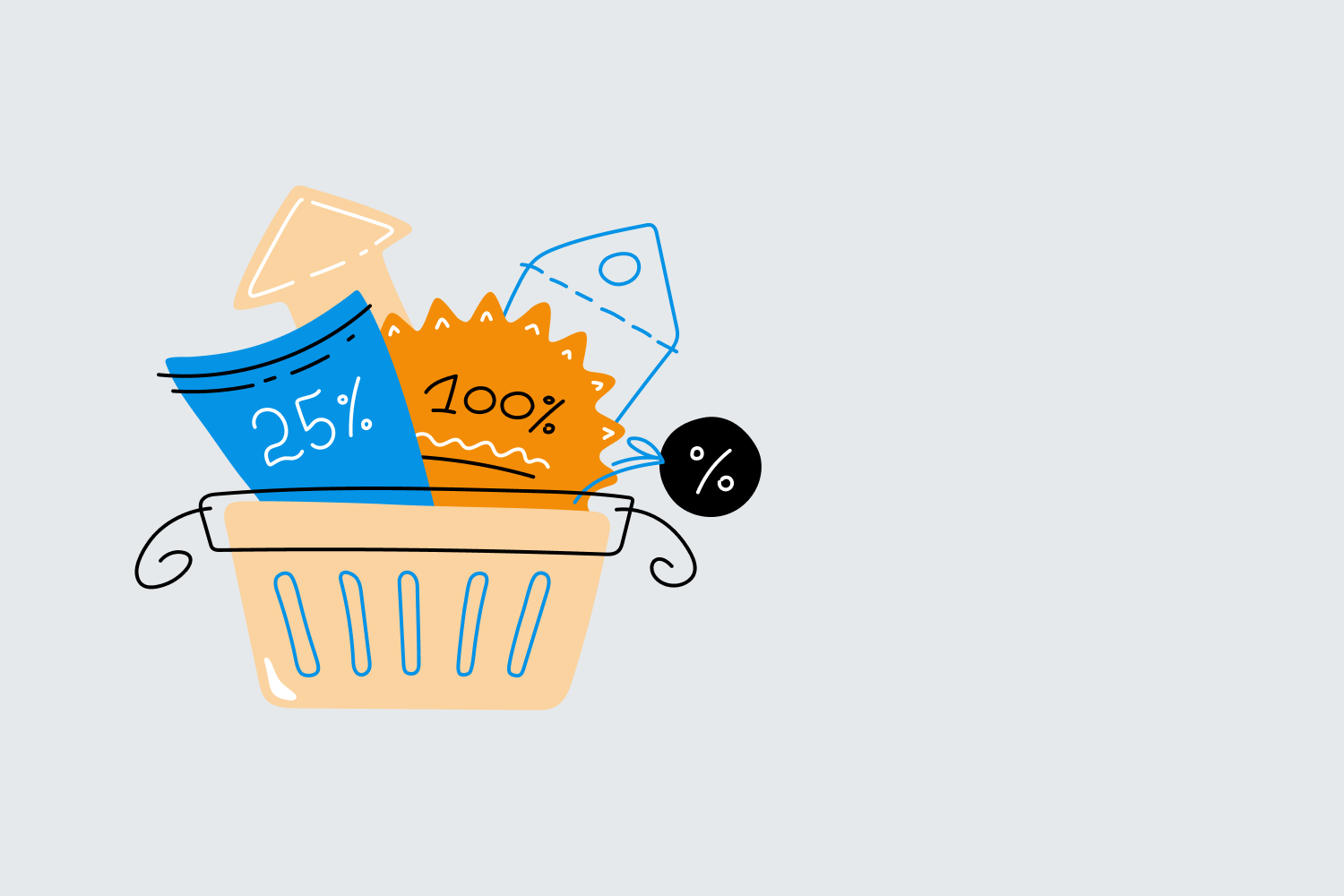Mastering Google Ads Quality Score for Improved Campaign Performance
Loves Data
Achieving high-performance results for your Google Ads campaigns is critical for driving business growth. One essential aspect of Google Ads that directly impacts your campaign's success is Quality Score—a metric that grades the quality and relevance of your keywords and ads. Understanding and mastering Quality Score can significantly improve your ad campaigns, leading to higher ad rankings, lower costs-per-click, and ultimately, better return on investment (ROI).
In this blog post, we'll provide an in-depth look at Google Ads Quality Score and how it influences your ad campaigns. We'll explore the components of Quality Score, how it's calculated, and most importantly, share the best practices for optimizing your Quality Score for enhanced campaign performance. By following these guidelines, you can drive more traffic, increase conversions, and optimize your advertising spend with Google Ads.
Quality Score serves as an essential indicator of the effectiveness of your keywords and ads, and their alignment with your target audience's needs. A high Quality Score represents a strong alignment, leading to numerous benefits such as a higher ad rank in search results, lower costs-per-click, and increased visibility. Conversely, a low Quality Score reflects a misalignment between your ads and keywords, leading to unfavorable positions, higher costs-per-click, and potentially, decreased overall ad performance.

1. Understanding the Components of Quality Score
To effectively optimize your Google Ads Quality Score, it's crucial to first understand its three main components:
Expected click-through rate (CTR): This metric estimates how likely a user is to click on your ad when it's triggered by a specific keyword. A higher expected CTR indicates that your ads and keywords are relevant to your target audience.
Ad relevance: This measures how closely your ad's content matches the intent behind a user's search query. Ads with high relevance are more likely to resonate with users, leading to better engagement and higher Quality Scores.
Landing page experience: This component assesses the overall quality of your landing page, including its relevance to the user's search query, usefulness, navigability, and overall design. A positive landing page experience is crucial for converting users and improving your Quality Score.
2. Strategies for Boosting Your Quality Score
To optimize your Google Ads Quality Score, focus on improving the following areas:
Refine keyword selection: Choose keywords that closely represent the content of your ads and landing pages. Use long-tail keywords to target more specific queries and consider using the Keyword Planner tool to identify relevant, high-performing keywords.
Enhance ad relevance: Write clear and compelling ad copy that addresses the user's search query directly, ensuring that your message aligns with their needs and expectations. Utilize ad extensions, such as site links and callouts, to provide additional value and improve CTR.
Optimize landing pages: Ensure your landing pages provide relevant, valuable, and engaging content that reflects the user's search query. Focus on improving page load speed, navigability, and overall design for a seamless user experience.
Implement ad groups: Organize your keywords and ads into targeted ad groups, allowing you to create tailored campaigns that cater to specific user intent, improving ad relevance, and boosting your Quality Score.
3. Monitoring and Optimizing Your Quality Score Over Time
Optimizing your Quality Score is an ongoing process that requires consistent monitoring and refinement:
Regularly review your account: Continuously assess your keywords, ad copy, and landing pages to identify areas for improvement, making necessary adjustments to maintain or enhance your Quality Score.
Refresh ad assets: Review ad assets, including headline and descriptions, and update assets that aren’t engaging or aren’t being displayed in your most popular ad combinations. Creating new headlines, descriptions, and other ad assets can help improve the performance of your ads.
Leverage performance data: Use Google Ads reporting and analytics tools to evaluate the performance data of various keywords, ad groups, and campaigns, making data-driven decisions when optimizing your Quality Score.
Embrace automation: Consider utilizing automated bidding strategies and ad testing to help refine bids and maximize performance while reducing manual workloads.
4. The Impact of Quality Score on Your Google Ads Campaigns
Optimizing your Quality Score can lead to significant improvements in your Google Ads campaigns:
Improved ad rankings: Higher Quality Scores allow your ads to achieve higher rankings in search results, increasing your overall ad visibility and driving more clicks.
Lower costs: A higher Quality Score results in lower costs per click (CPC) and costs per conversion, ensuring that your advertising budget is optimized for maximum ROI.
Increased ROI: With better ad positions, higher CTR, and lower CPC, your campaigns are primed for increased conversions and greater returns on your advertising spend.
Better user experience: By focusing on optimizing your Quality Score, you're also prioritizing relevance, user experience, and overall ad quality, contributing to a positive user experience that ultimately fuels your campaign success.
Master Your Google Ads Quality Score for Unmatched Performance
By understanding and optimizing your Google Ads Quality Score, you hold the key to unlocking better ad performance, higher ad rankings, lower costs, and improved ROI. The strategies provided in this blog post can serve as a solid foundation for your Quality Score optimization efforts, enabling you to drive better results and stay competitive in the dynamic online advertising landscape.
To deepen your understanding of digital marketing and analytics, consider exploring at Loves Data's diverse range of online courses, which cover pivotal topics such as Google Ads, Google Analytics 4, Google Tag Manager, and Looker Studio (previously Google Data Studio). With our expert-led courses at your disposal, you'll be well-prepared to stay ahead of trends, sharpen your skills, and excel in the ever-evolving world of digital marketing.

Comments